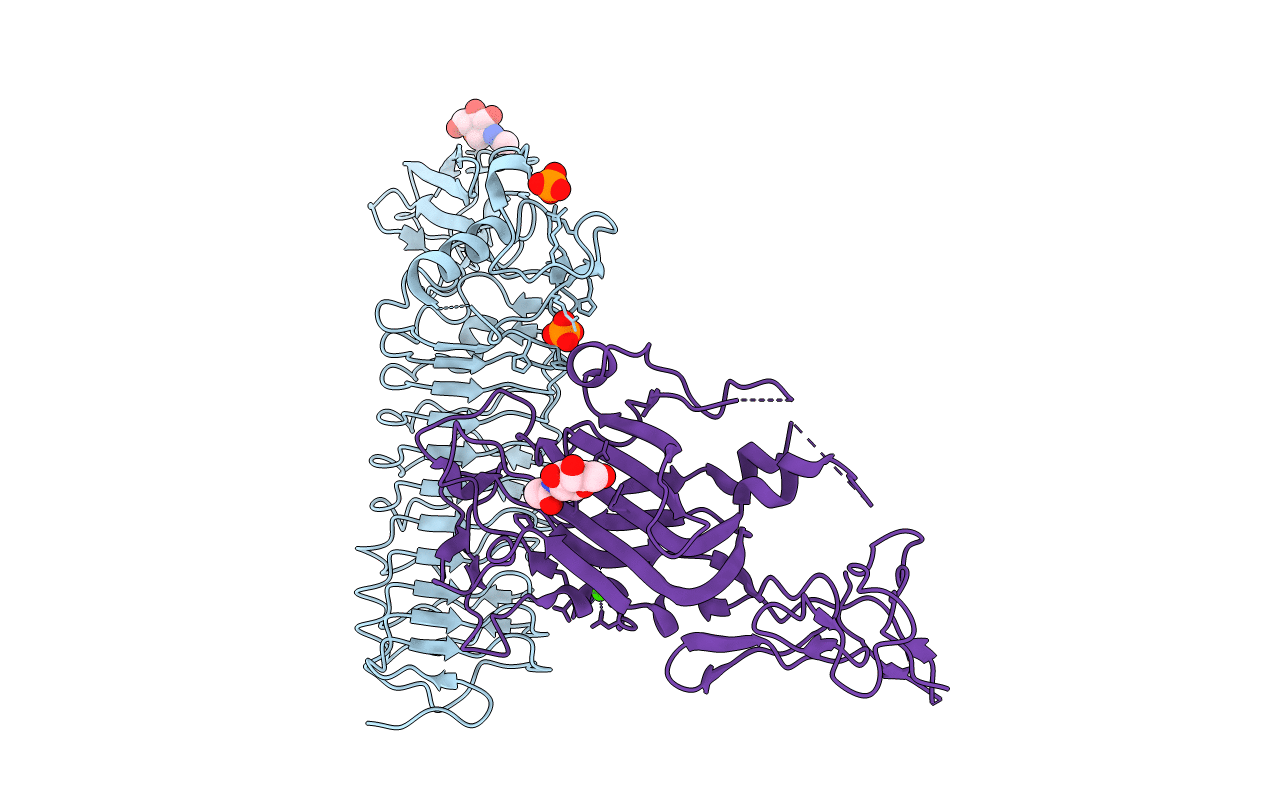
Deposition Date
2011-08-23
Release Date
2011-10-05
Last Version Date
2024-10-16
Entry Detail
Biological Source:
Source Organism(s):
HOMO SAPIENS (Taxon ID: 9606)
Expression System(s):
Method Details:
Experimental Method:
Resolution:
2.60 Å
R-Value Free:
0.28
R-Value Work:
0.24
R-Value Observed:
0.24
Space Group:
I 2 2 2


